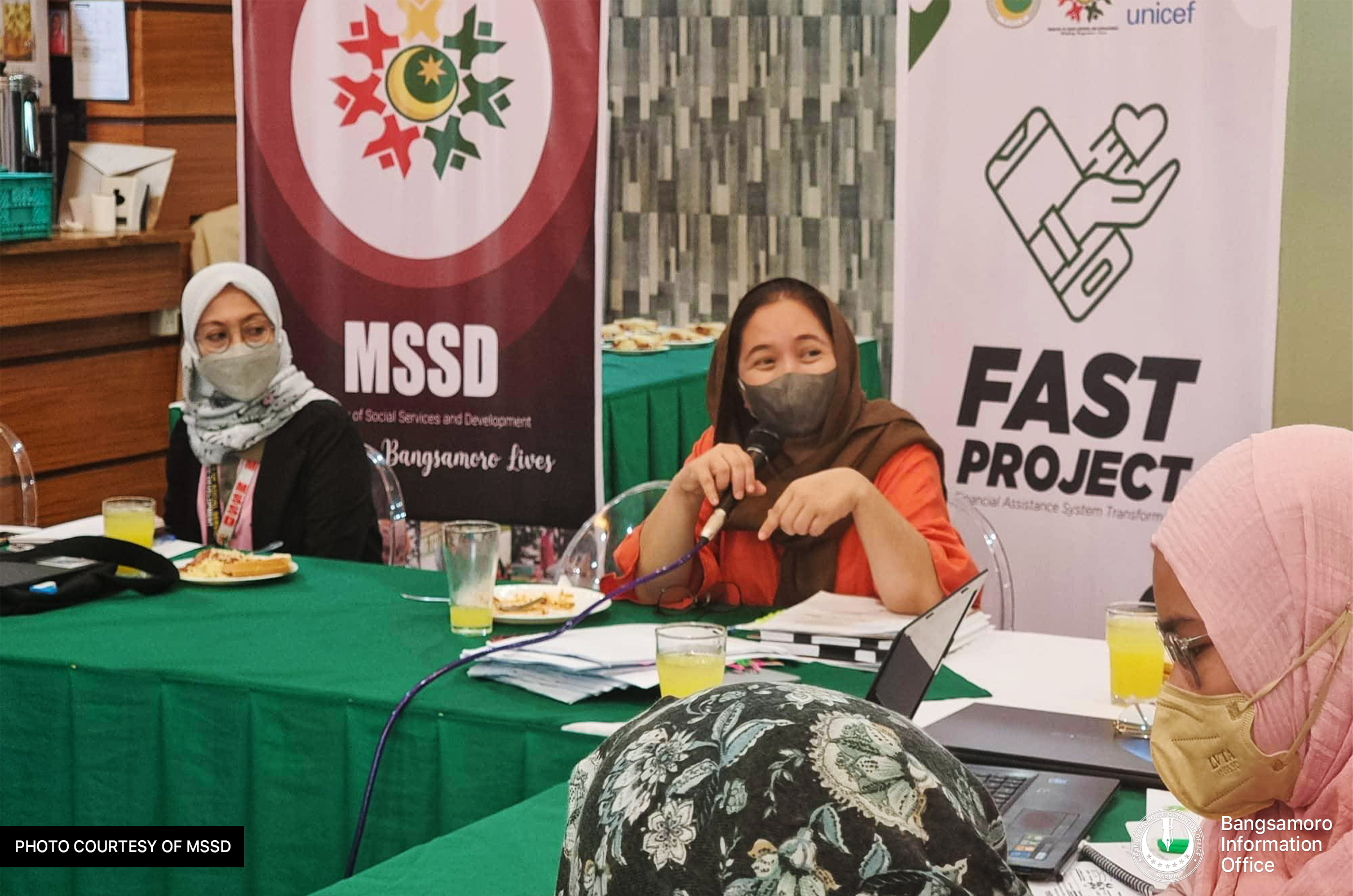COTABATO CITY—Ministry of Social Services and Development (MSSD) is eyeing to transform the mode of payouts for its various programs thru the Financial Assistance System Transformation (FAST) Project.
The project’s primary goal is to accelerate the distribution of MSSD’s financial assistance through the adoption of digital payment systems.
In fact, the Ministry is conducting a Knowledge Sharing session with experts and technical workshop on adoption of the digital payments.
The 4-day workshop, which started on Sept. 21 until 24, in Metro Manila, was in partnership with the United Nation Children’s Fund (UNICEF), and Department of Foreign Affairs and Trade (DFAT) of the Australian Government.
During the activity, representatives from Bangko Sentral ng Pilipinas (BSP), Department of Budget and Management (DBM), and the Commission on Audit (COA) explained the regulatory requirements for adopting the digital payment systems. It also discussed the issues and challenges.
The FAST project shall possibly integrate the MSSD’s provision of financial assistance in most of its programs such as Angat Bangsamoro Kabataan Tungo sa Karunungan (ABaKa), Unlad Pamilyang Bangsamoro Program (Unlad), Bangsamoro Sagip Kabuhayan (BSK), Livelihood Assistance for Women in Especially Difficult Circumtances, Financial Assistance for Persons With Disability or Kalinga sa may Kapansanan, Bangsamoro Critical Assistance to Indigents in Response to Emergency Situations (BCARES), Bangsamoro Humanitarian Assistance and Transfer for individuals in Distress (Bangsamoro Hatid).
FAST Project is a special project being supported by UNICEF lodged under the Finance Management Support Service Division of the Ministry.
“The project officially started last August palang and will end by December. May expected pilot implementation din tayo ng various schemes sa last quarter ng 2022, In Shaa Allah,” said MSSD Chief of Finance Division Hamodi Tiboron during the project orientation on Sept. 5.
It is part of Ministry’s mandates to have a balanced and responsive approach anchored on the needs of marginalized sectors in BARMM, and to embody the Moral Governance advocacy of the Government of the Day in delivering social services to the beneficiaries of its various programs. (Myrna Tepadan/BIO)








